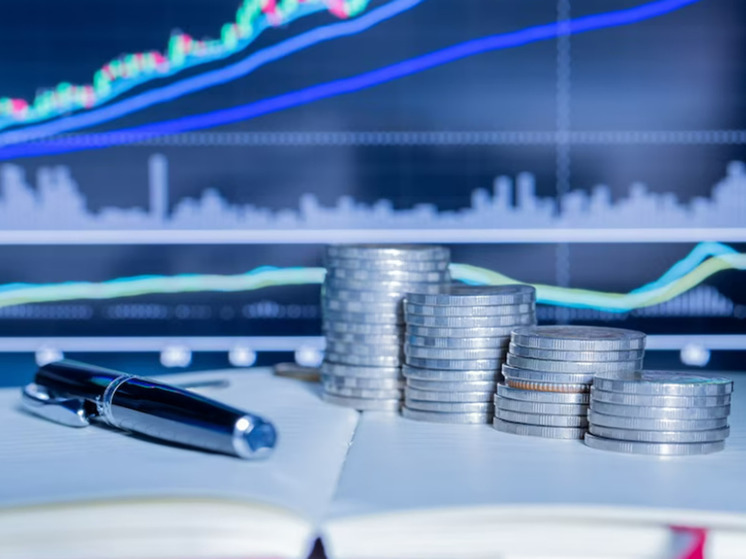How it was possible to increase GDP under sanctions
At a meeting on the formation of the budget for 2024 and subsequent years, Vladimir Putin said that the stage of restoration of the Russian economy has ended. The President called the economic situation stable. By the end of this year, GDP growth may reach 2.5% or even 2.8%. We asked experts whether they agreed with this opinion and what factors allowed our economy to cope with sanctions pressure.

“We have not yet reached the pre-crisis level,” says Alexey Zubets, Doctor of Economics, Director of the Institute of Socio-Economic Research at the Financial University under the Government of the Russian Federation. — It is quite possible that we will reach it in terms of GDP by the end of this year, which Rosstat will officially calculate in 2024. Then we will know the exact numbers.
Let me remind you that last year we lost 2.1% of GDP. In the meantime, there is a forecast that by the end of 2023 growth could be 2.8%. If such a scenario comes true, then we will “win back” the situation. last year's losses.
Today, the sources of development are not only the notorious “oil needle,” but also mechanical engineering and the rapid revival of industry, including the military. But let's wait for official data from Rosstat. So far, we only have a government forecast, which the president obviously relies on.
On the other hand, ordinary Russians are not particularly interested in GDP growth; they are more concerned about their personal salary and family income. And here we see an increase in these indicators above the 2021 level. What's more important to people is that they earn more in real terms than they did two years ago.
“We can say that our economy has formally reached the pre-crisis level,” says financial analyst, Candidate of Economic Sciences Mikhail Belyaev. – And this is gratifying and gives us hope for the future. However, there is a big disadvantage. We have grown greatly thanks to the defense-industrial complex, fuel and energy giants and through the implementation of budgetary national projects. The rest of the economy, except agriculture, is on pause. Which causes some concern.
It is necessary to work more with the main body of the entrepreneurial corps so that the economy grows in all directions. The qualitative indicators of GDP still leave much to be desired. But here, in my opinion, the big obstacle is the monetary policy of the Central Bank, which slows down the development of the economy. That is, those areas that relate to the budget do not raise questions. And real business and entrepreneurship, suppressed by high interest rates and unaffordable loans, are not yet able to contribute to GDP growth and socio-economic progress.
— Statistics show that we have reached the level of 2021, — explains leading expert of the Center for Political Technologies Nikita Maslennikov. — There is even a slight excess in some macroeconomic indicators. Yes, in general we can say that the restoration to the pre-crisis level has taken place.
This happened, first of all, thanks to the professional actions of our “monetary” people. authorities, a fairly strong budget impulse, which played an important role both last year and this year. And, of course, a serious expansion of consumer demand. It affects the dynamics of retail trade turnover, the provision of paid services to the population, public catering – in recent months these indicators demonstrate sustainable advantages.
It should be noted that there is an unprecedented growth in consumer lending, which also has a positive effect on demand dynamics.
But there is also a flip side to the coin. Rapid growth in demand leads to a gap with supply, and inflation begins to rise. We see certain signs of «overheating» economy. After an active recovery, the coming year will be more “pale” and the pace will slow down. Now it is important to adopt a policy that will generally balance supply and demand. This is required to counter the risks of sharp weakening after the recovery. I believe that all necessary measures in this regard have already been taken.


